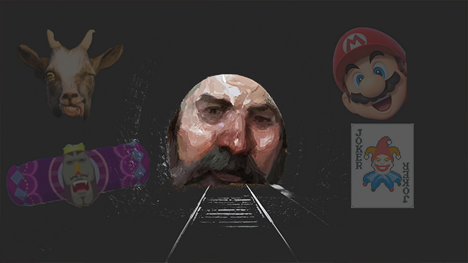
Featured Blog | This community-written post highlights the best of what the game industry has to offer. Read more like it on the Game Developer Blogs or learn how to Submit Your Own Blog Post
Ubisoft announces that it will develop free-to-play triple-A games: Has the French publisher gone mad or visionary?
On May 11th, 2021, Ubisoft announced that it plans to develop free-to-play triple-A in order to rely less on the premium business model. Is Ubisoft taking a real risk or is it being proactive in looking to the future?

On May 11th, 2021, Ubisoft announced that it plans to develop free-to-play triple-A in order to rely less on the premium business model. The stock took an 11% plunge in one day, with investors fearing the French publisher would destroy the formula for success that has allowed it to thrive over the past decade. Is Ubisoft taking a real risk or is it being proactive in looking to the future?
Let's start by explaining the recipe for Ubisoft's success and the tremendous progression of its share price since 2015. The publisher has developed a game template that it applies to numerous franchises: Far Cry, Assassin's Creed, Ghost Recon, The Division, Watchdog. Although all of these games have very different themes, their design architecture remains the same: Open world games designed to provide a rich and accessible gaming experience for almost all types of gamers, games with a long lifespan, and an excellent level of finish. Of course, games differ from each other with unique features and themes, but they all share the same design core.
This strategy has enabled Ubisoft to develop ambitious titles at a sustained pace while offering an excellent level of quality. It should be noted that the publisher was able to achieve this feat thanks to the excellence of its teams, in particular its know-how in production management. The publisher of the Raving Rabbits was thus able to publish 3 to 4 triple-A per year and therefore greatly increase its revenues and profits.
So why change such a successful strategy?
The business model of these blockbusters is based on the sale of the game at a high price, supplemented by ancillary income from the sale of additional content. But triple-A's have entered a spiral of steadily rising development and marketing costs, and the arrival of the next generation of consoles is not going to help matters. We can therefore expect this economic model to be less sustainable.
So what are the solutions? The answer is to be found in freemium games, “free” games that generate income, sometimes stratospheric, by selling ONLY additional and optional content. Their secret? To develop very long-term retention with their players, to ensure that their games are part of players' lives rather than being a product that you consume and put away (or resell) once you get bored with it.
Ubisoft has led the way with The Division. This title, released in 2016, was very innovative for its time. This game is like a sandbox; it is designed to offer a nearly endless lifespan - there is no story - and to support many optional expansions that may satisfy different player profiles. It is true that this game was sold in premium but the design strategy is strongly inspired by the best practices of freemium games.
In wanting to draw inspiration from the design of freemium games, Ubisoft is only capitalizing on its recent experience and analysis of the industry.
But there are probably other reasons, much more visionary: The development of streaming and the conquest of emerging markets in Latin America, Africa, and Asia.
Today triple-A's are mostly sold in rich countries where players have powerful gaming machines. Tomorrow, streaming will bring these games to billions of potential players. Indeed, the quality of communications infrastructure in these emerging markets will certainly develop faster than their purchasing power and ownership rates of PCs or home consoles. Freemium monetization mechanisms will then be the key to these markets.
By moving away from the traditional triple-A business model, Ubisoft is showing vision; all that remains is to make it happen by avoiding errors in the design and integration of these new ways of generating income.
My previous publications on business issues
Cyberpunk 2077 - Have video games become products like any other? FEATURED POST
UX designer or game designer: Which one do you need? FEATURED POST
Is it still worth for indie developers to publish a game on mobile platforms?
Rise of mixed monetization strategies
Subscription 2.0 - Will it become tomorrow's business model?
Pascal Luban
Creative director & game designer, freelance
25+ years of experience serving studios and publishers
Read more about:
Featured BlogsAbout the Author(s)
You May Also Like


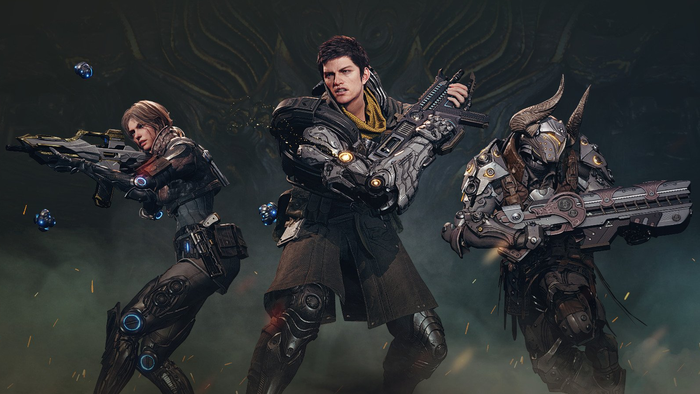
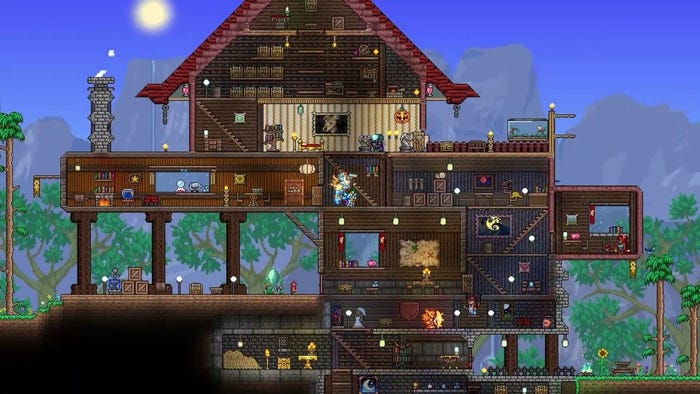
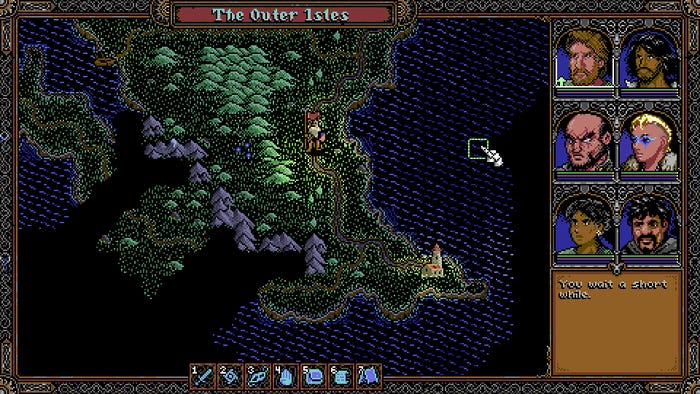
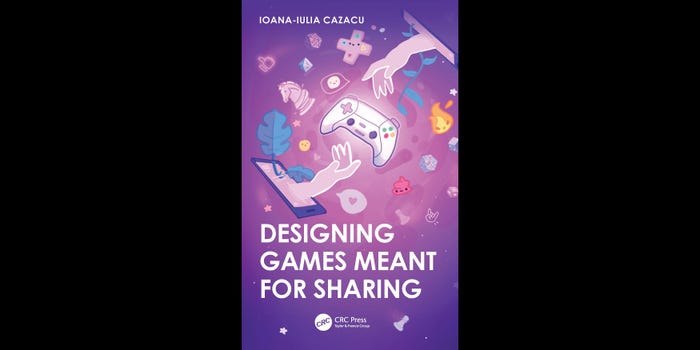

.jpeg?width=700&auto=webp&quality=80&disable=upscale)


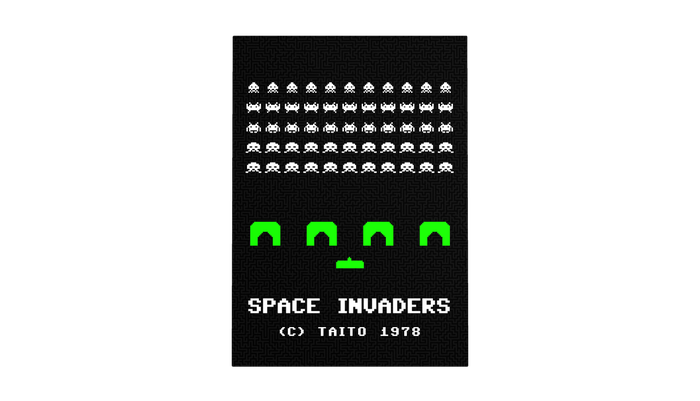
.jpg?width=700&auto=webp&quality=80&disable=upscale)
